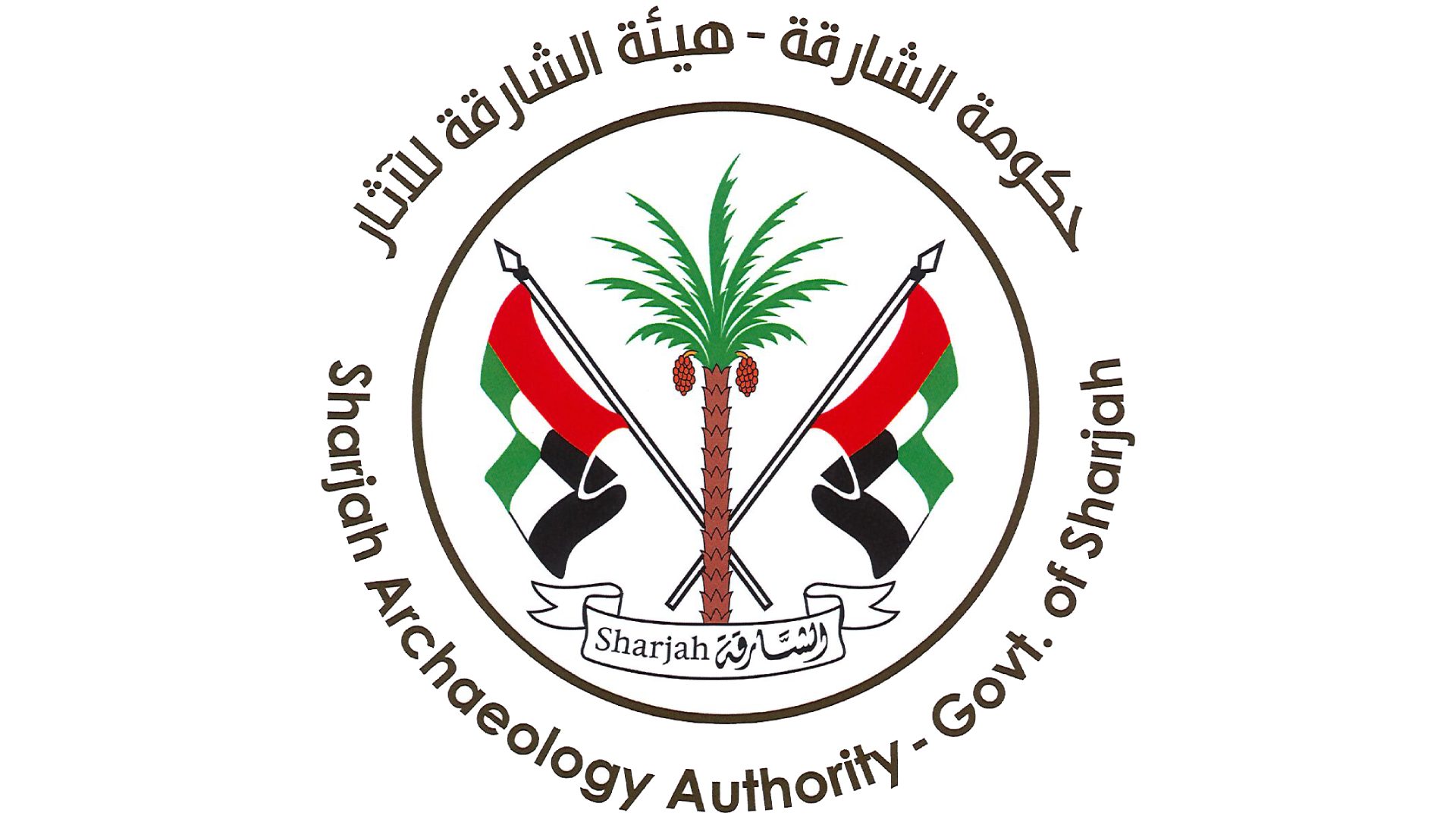The Sharjah Archaeology Authority is proud to announce a significant archaeological discovery of an ancient jar filled with numerous coins. These coins were minted and circulated in Mleiha from approximately the third century BC, and were inspired by the coins of Alexander and his Seleucid successors.
The first issues of these minted coins depicted icons of that period; Hercules’¬ head (represented by Alexander the Great), and Zeus (the Greek god sitting on his throne), in addition to the word ‘Alexander’ engraved in Greek script. As time progressed, the engraving was replaced with the word ‘Abel’ written in Aramaic script.
Commenting on this hoard discovered by the local archaeological team in February 2021, Dr. Sabah Aboud Jasim (Director-General of Sharjah Archaeology Authority) has said:
When this heavy pottery jar (9 kg) was discovered, it was suspected that it would contain rare artefacts. Upon carefully opening the pot at the Sharjah Archaeology Authority laboratory, we found it completely filled with numerous silver coins of the drachma quad category – “tetradrachma”.
Buried Treasure
There was a total of 409 coins in the jar, with each coin ranging in weight from 16 to 17 grams, and the currency material was silver.
Categorised by mould type; the number of single-sided moulds is 387 coins, and the number of two-sided moulds is 22 coins.
Upon researching the finds, it was discovered that among the collection of coins in the jar there are coin designs which had been previously discovered throughout the Arabian Gulf region, and also coin designs which are unique to this discovery at Mleiha. Of the previously known coins however, this hoard is considered to be more extensive than any other in the region.
It is worth mentioning that a similar coin hoard dating back to the same period was discovered in the Kingdom of Bahrain in 1970 by Danish archaeological mission. This hoard consisted of 309 coins.
History of Mleiha
It is well known that in the pre-Islamic period, the city of Mleiha was considered one of the most important sites in the Arabian Peninsula. This is largely owed to the fact that it is an oasis which is located in the centre of the emirate of Sharjah, UAE.
In the early third century BC, it became a major commercial centre for convoys passing between the North and South of the Arabian Peninsula.
A tombstone discovered in Mleiha, which dates back to the late third century BC, confirmed the presence of the Oman Kingdom, and research has shown that Mleiha was likely to have been its capital at the time.
Mleiha was regarded as an essential prosperous society in the region. This economic power allowed it to extend its influence throughout the Arabian Peninsula, the Mediterranean and Mesopotamian worlds, the Levant and Persia. The impact of Mleiha could even be felt as far as Afghanistan and the Sindh Valley (previously the Kushan Kingdom). The extensive collection of amphora jar handles imported from Rhodes is indicative of this far-reaching trade.
The Kingdom of Mleiha has been characterised by its unique discoveries. One example is a black-glazed amphora jar which is the only known of this type in the world. This piece dates back to the end of the third century BC.
One can also note the extensive trade routes through the variety of different scripts discovered in Mleiha. Evidence has been found here in the languages of Southern Arabic, Aramaic and Zabur (which is a type of Musnad writing).




